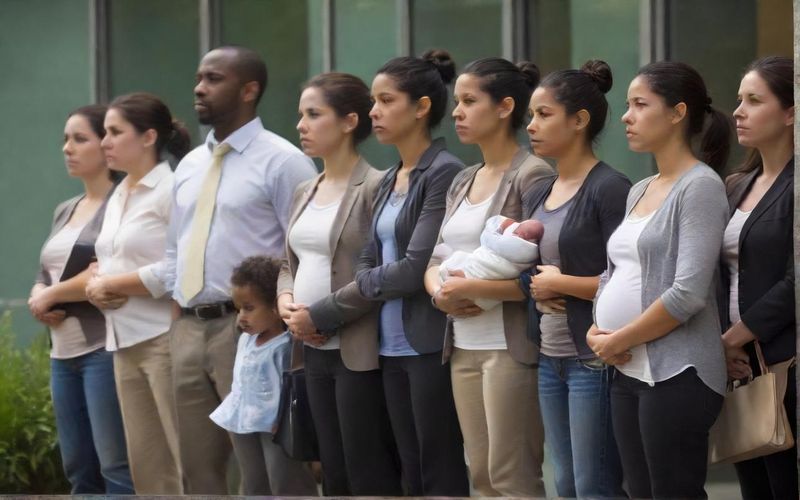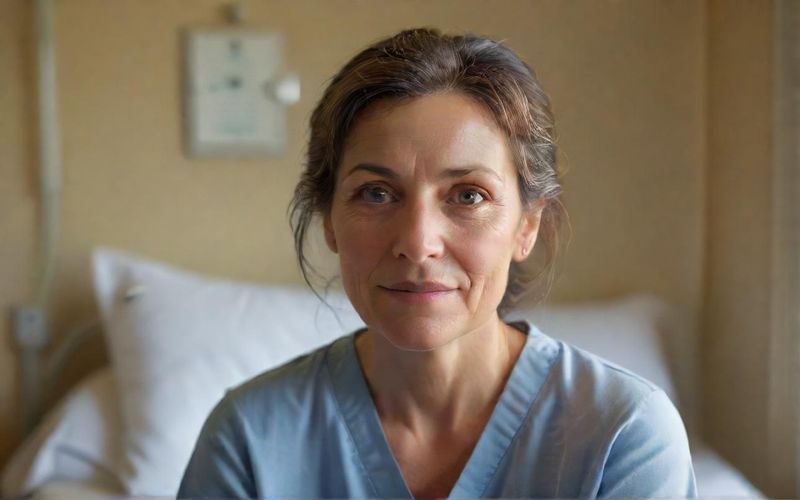NHS maternity review probes 14 trusts for answers

As reported by various outlets, the government has launched a rapid review into these maternity units, prompted by persistent concerns and the courageous accounts of bereaved families. Health Secretary Wes Streeting has acknowledged the "extraordinary courage" of these families, whose experiences, some stretching back over 15 years, have illuminated what are being described as "failures in the system." It’s easy to see why so many feel a sense of urgency, especially when research suggests improved care could have potentially saved over 800 baby lives in a recent year.
What’s particularly poignant, and perhaps unsettling, is the deep-seated frustration some families express about the review itself. Descriptions like "not fit for purpose" and feelings of being "used" paint a picture of trust that has been eroded over time. They're concerned that the focus on individual trusts might miss the bigger systemic issues, like the role of regulators, arguing that the entire system is in crisis and requires a comprehensive approach. This echoes the findings of past inquiries, which have pointed to problems like ignored voices, poor leadership, and a reluctance to learn from mistakes—issues that, sadly, seem to persist.
The review, led by Baroness Amos, aims to ensure the "lived experience of affected families are fully heard" and to develop recommendations for nationwide improvements. There's a specific and vital commitment to examining why Black and Asian families disproportionately face poorer outcomes, a stark reminder of the inequalities that can exist even in healthcare. Yet, the path forward isn't without its critics. Some feel the review needs to proceed at a more considered pace, ensuring adequate mental health support for those sharing their deeply personal and painful stories.
Meanwhile, as these nhs maternity review trusts are brought into the spotlight, conversations around the underlying culture within the NHS are also gaining traction. Leaders like Charles Massey from the General Medical Council are highlighting a "toxic" culture of cover-up, where trainee doctors may feel fearful of speaking up. This atmosphere, he warns, risks normalizing harm to mothers and babies. It’s a sobering thought that in high-pressure environments, patient safety could be compromised by an unhealthy culture.
As we wait for the review's findings, the question remains: will this concentrated examination lead to the fundamental changes needed to rebuild trust and ensure every family receives the safe, compassionate care they deserve?









